Ensuring Livestock Safety During Hurricanes
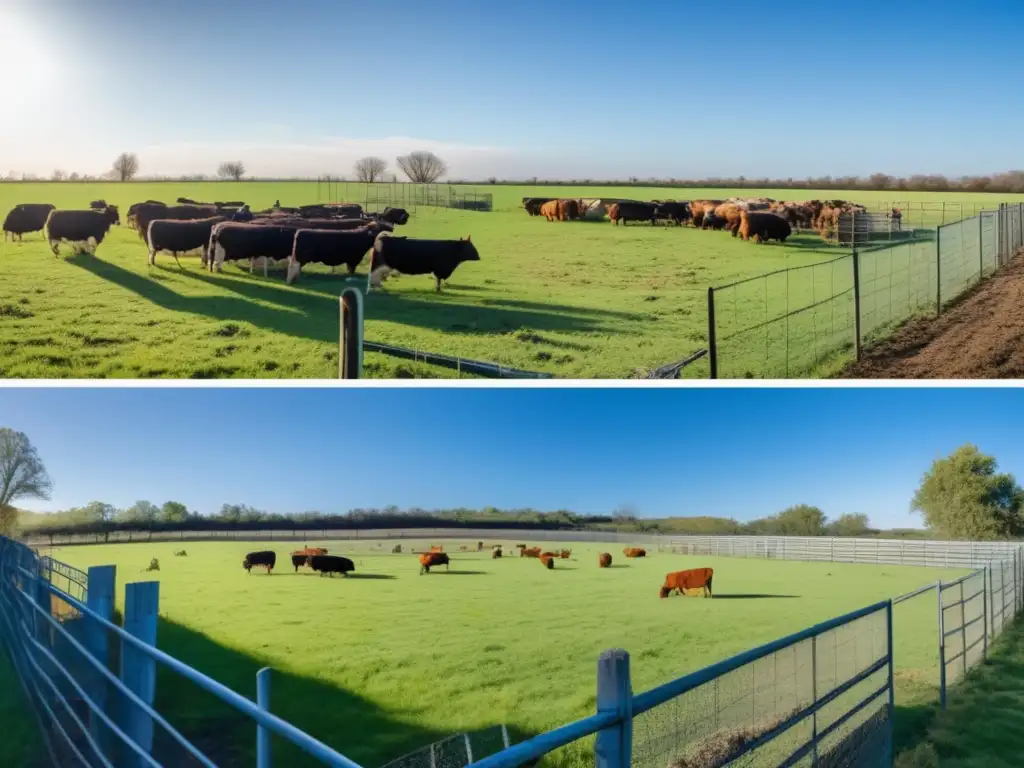
Ensuring Livestock Safety During Hurricanes
Introduction
When a hurricane strikes, it not only affects humans but also livestock. Owners of livestock must take extra measures to ensure the animals' safety and well-being during the hurricane. Here are some tips on how to keep your livestock safe before, during, and after a hurricane.
Before the Hurricane Strikes
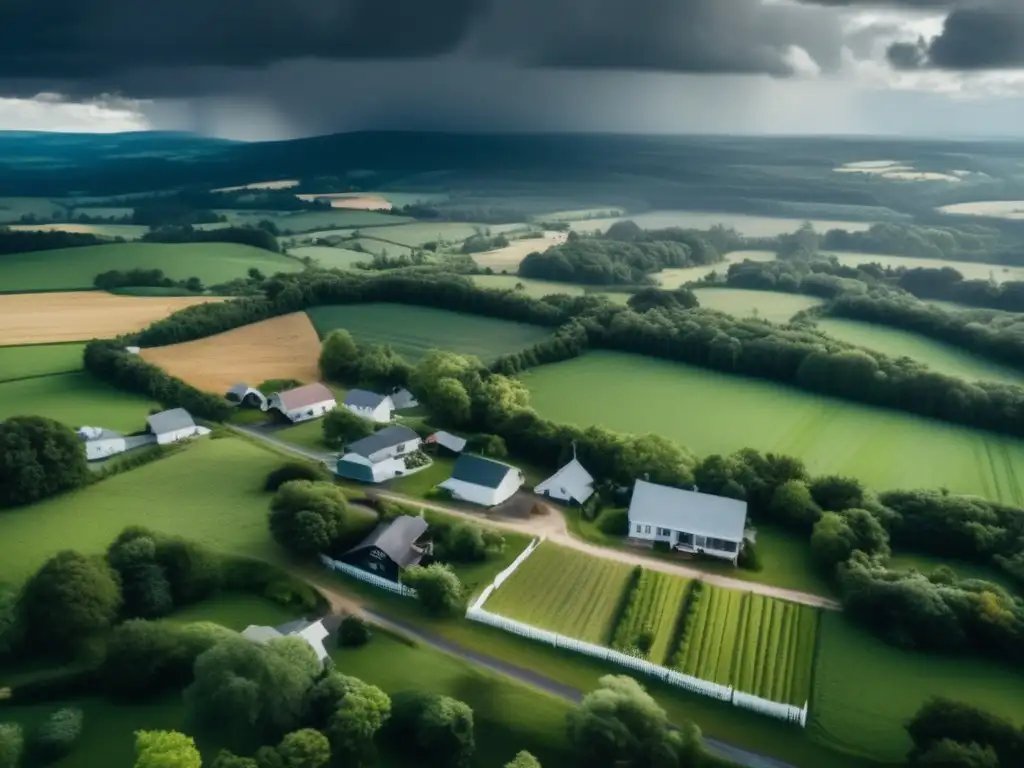
Prepare an Evacuation Plan
If you live in an area that is prone to hurricanes, it is essential to have an evacuation plan in place. You should know the routes to take and the location of evacuation centers where your livestock can be taken. Before the hurricane season begins, contact trusted neighbors or friends outside the affected area who can temporarily house your livestock in a safer location until the storm passes.
Secure Stables and Pastures
To keep your livestock safe during the hurricane, make sure that their stables and pastures are properly secured. Check the roofs, walls, and doors of the stable for signs of wear or damage. Replace any damaged or worn parts to prevent injury to your livestock. Additionally, clear the pastures of any debris and secure any loose items, such as feeders and water troughs, that could become dangerous projectiles in high winds.
Stockpile Supplies
Stockpile enough food, water, and medicine to last several days after the hurricane hits. In case of evacuation, make sure that you have enough supplies to sustain your livestock for the journey to a safe location. It's better to be over-prepared than under-prepared.
During the Hurricane
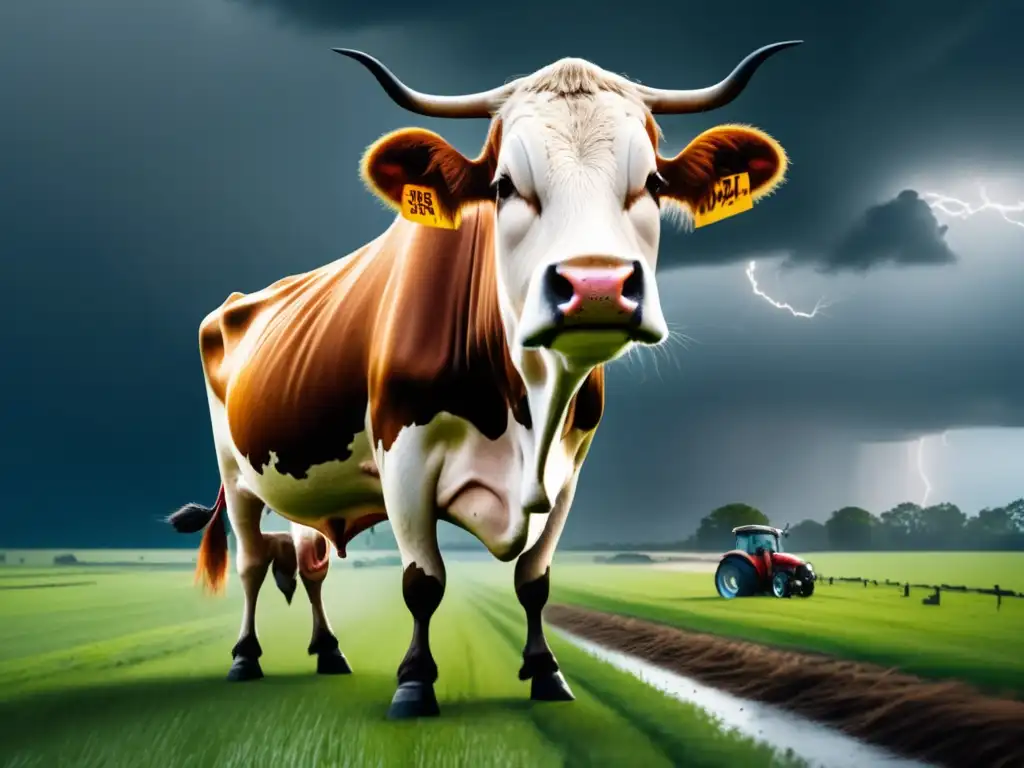
Keep Your Livestock Calm
The loud noise caused by strong winds and heavy rain can be stressful to livestock. The animals may become restless, making it harder to keep them safe. To prevent panic among your livestock, keep them in a quiet and calm environment. Play soothing music or talk to the animals calmly.
Bring Small Animals Indoors
If you have small animals such as chickens or rabbits, bring them indoors during the hurricane. These animals are more vulnerable to wind and rain and may not survive in the open in case of strong winds. Bring them into a protected area of the house or barn where they can be monitored.
Do Not Leave Horses Tethered
During high winds, horses can become frightened and try to break free from their tethers. Make sure that your horses are not left tethered outside. If possible, bring them inside a sturdy stable or barn.
After the Hurricane

Assess Damage to Stables and Pastures
After the hurricane, assess the damage to the stables and pastures. Check the buildings for any damage that could cause harm to your animals. If you find any damage, fix it immediately. Additionally, clear the pastures of any debris that could injure your livestock.
Check for Injuries and Illnesses
Check your livestock for any injuries or illnesses that may have occurred during the hurricane. Look out for signs of stress, dehydration, and shock. If you notice any problems, seek veterinary help immediately.
Resume Normal Feedings Gradually
After the hurricane, resume normal feeding gradually. Do not make sudden changes to the animals' diets, as this can cause digestive problems and sickness. Give them plenty of water and monitor their behavior to ensure that they are eating and drinking normally.
Frequently Asked Questions
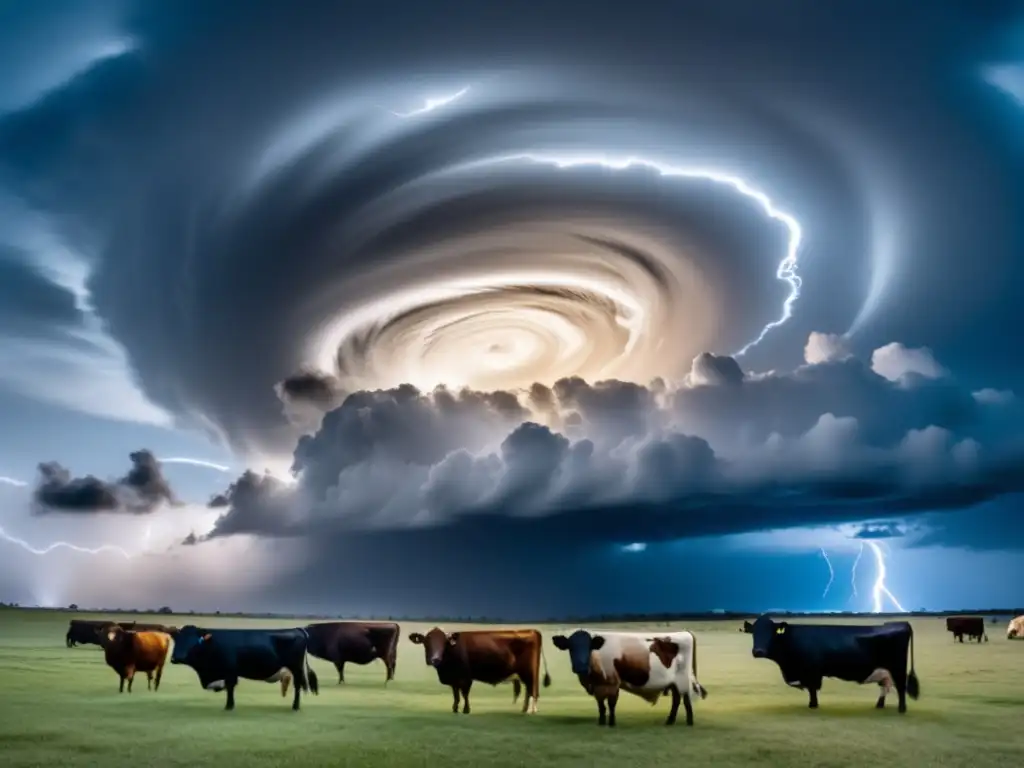
-
Can I leave my animals outside during a hurricane?
No, it's not advisable to leave your animals outside during a hurricane. The high winds and heavy rain can be dangerous to livestock.
-
Should I tether my horses during a hurricane?
No, you should not tether your horses during a hurricane. Horses can become frightened and try to break free from their tethers, potentially causing injury.
-
What should I do if my livestock gets injured during a hurricane?
If your livestock gets injured or sick during a hurricane, seek veterinary help immediately.
-
How long should I keep my animals inside after a hurricane?
You should keep your animals inside until the area is deemed safe by local authorities.
-
Are there any special precautions I should take for pregnant livestock during a hurricane?
If you have pregnant livestock, consult with your veterinarian on the best measures to take to ensure the safety of the animals and their unborn offspring.
Conclusion
During a hurricane, it's important to remember that your livestock's safety is just as important as yours. Plan ahead, secure buildings and pastures, and stock up on supplies. Keep your animals calm and bring small animals indoors. After the storm, assess damage and check your livestock for injuries and illnesses. By taking these measures, you can help ensure the safety and wellbeing of your livestock during a hurricane.
This information is especially relevant to those living in hurricane-prone areas. However, it's important for all animal owners to be prepared for natural disasters and emergencies. By taking the necessary steps and being mindful of your animals' safety, you can make sure that they remain healthy and well-protected.
Additional Resources
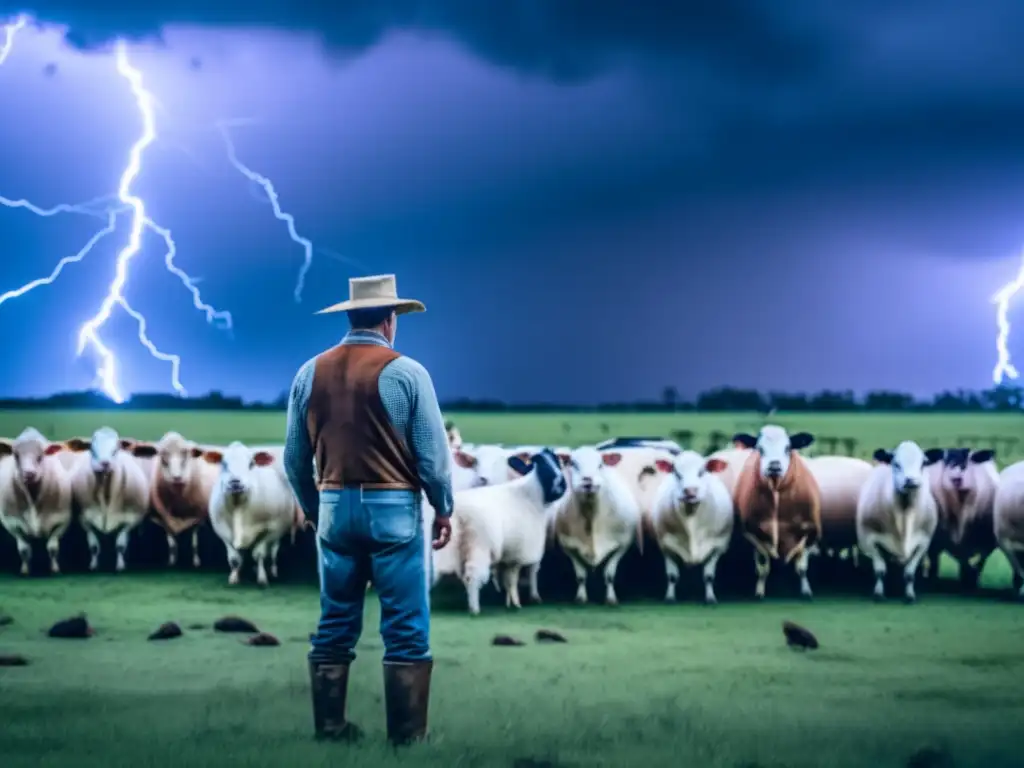
If you want to discover more articles similar to Ensuring Livestock Safety During Hurricanes, you can visit the Hurricane preparedness: category.
Leave a Reply

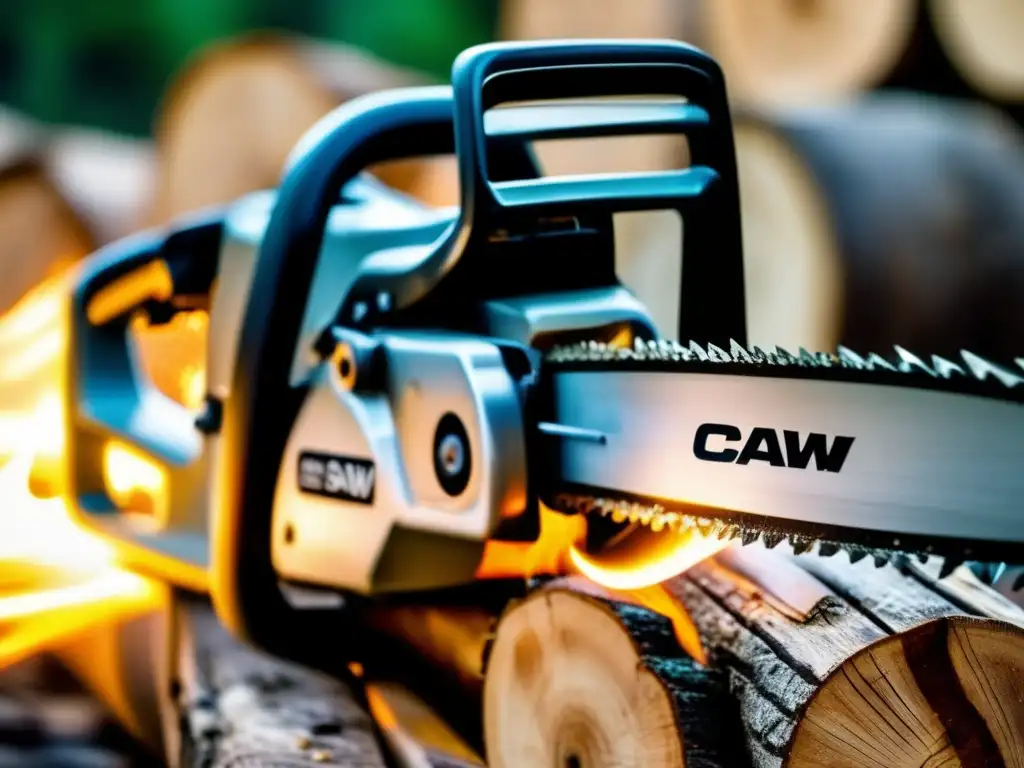
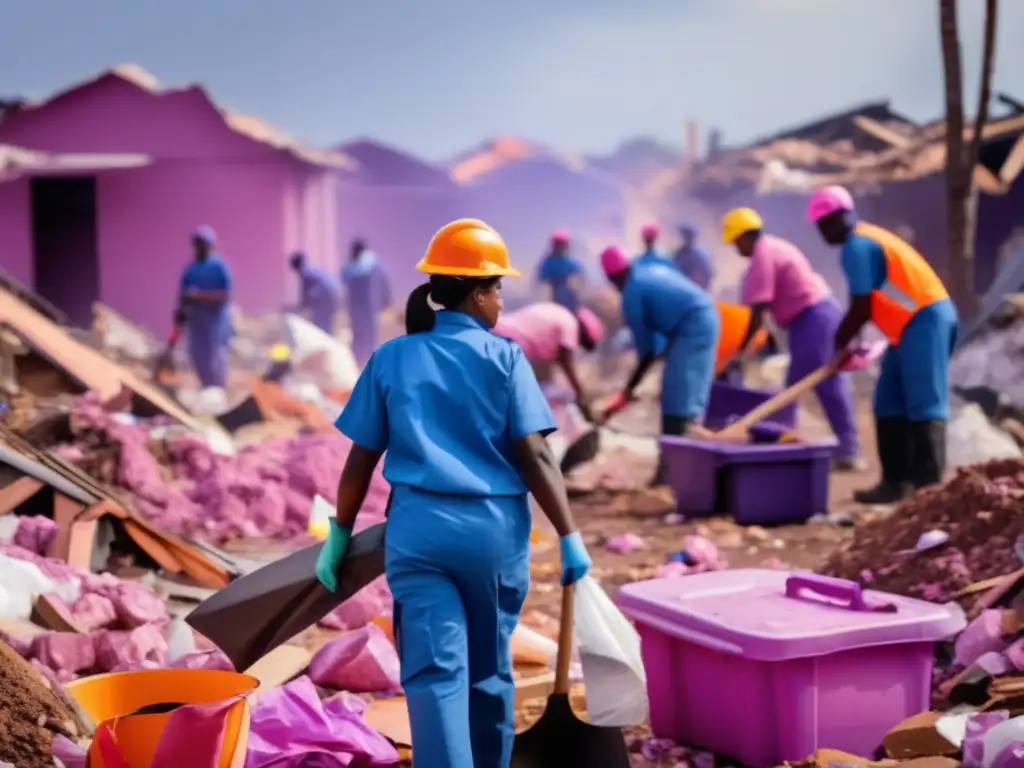
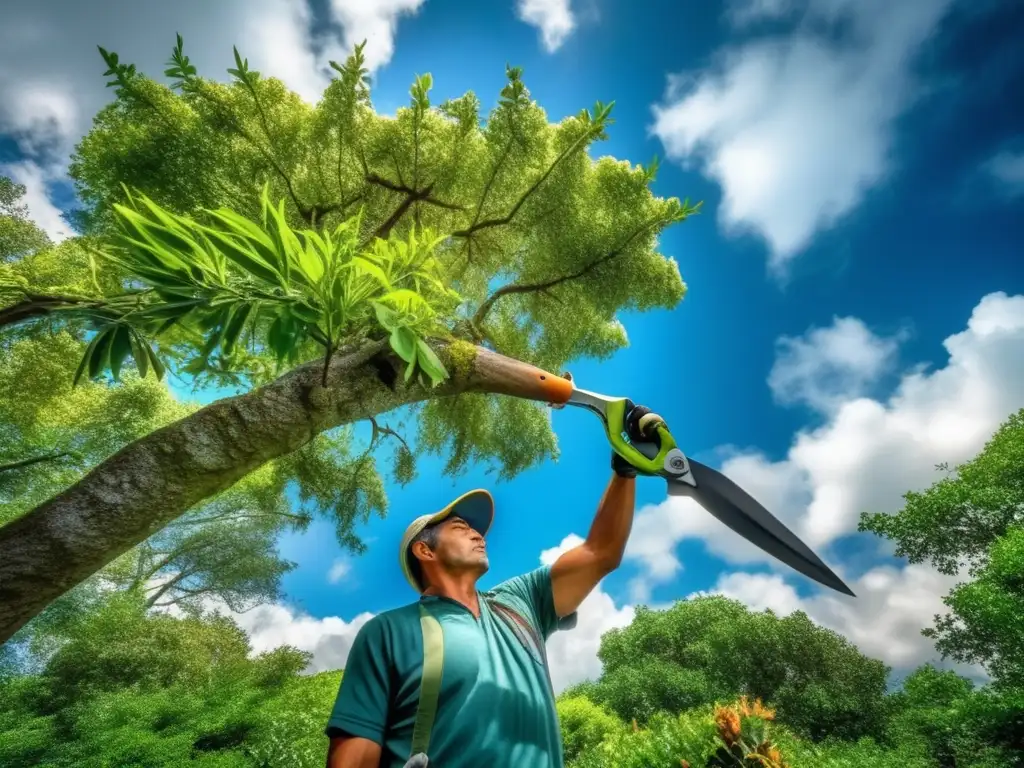
Articulos relacionados: